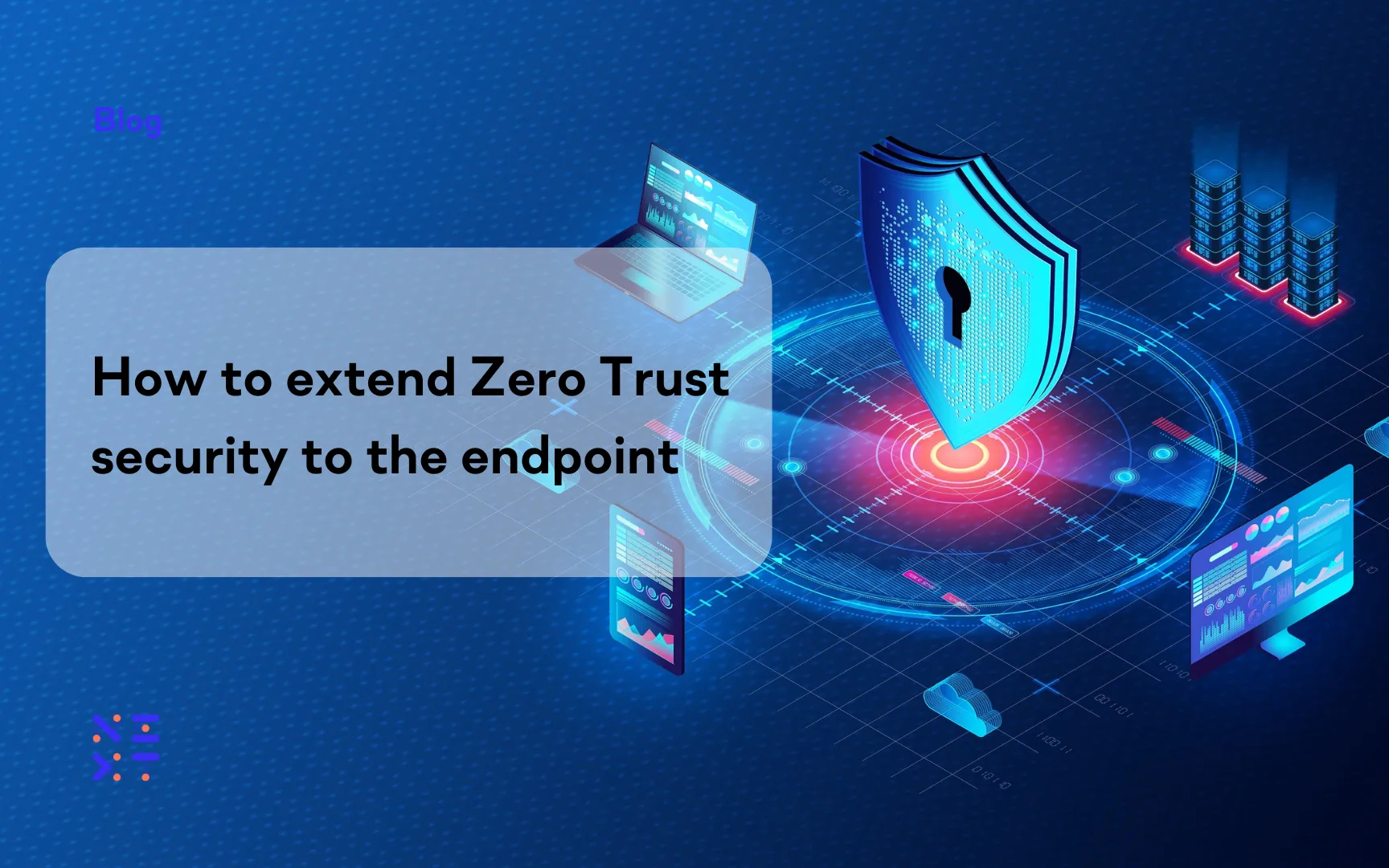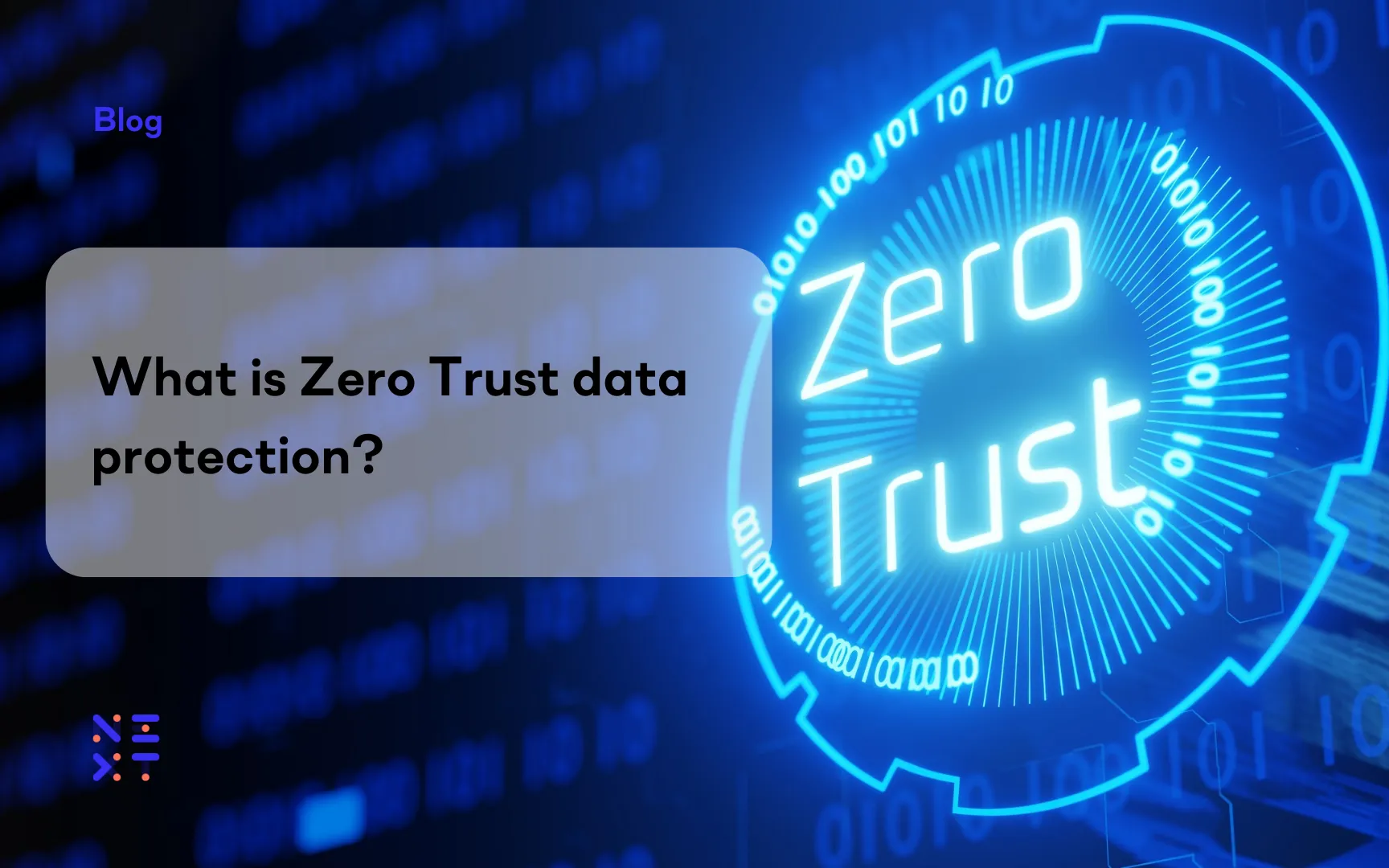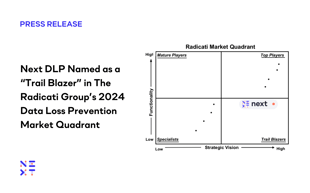Fortinet Acquires Next DLP Strengthens its Top-Tier Unified SASE Solution
Read the release
An organization’s data is a valuable asset, and protecting this resource is essential in the current data-driven business landscape. Data loss can be crippling, with one in eight companies being driven to bankruptcy following a breach.
In this article, we’ll review what data protection is and how organizations can implement reliable solutions. Then we’ll discuss some of the specific reasons data protection is critically important to a company’s health and viability.
Data protection is the process of safeguarding important and valuable information from corruption, compromise, or loss. It also involves the capacity to restore data if it is made unavailable or corrupted by a security breach or operational incident. Complete data protection involves using a variety of tools to create backups, recover corrupted systems, implement security standards, and monitor how information is being used across the enterprise.
An essential component of data protection is effective data classification. This categorization enables more valuable or high-risk data to be afforded additional protective measures. For instance, regulated data may need to be backed up and retained for a much longer time than ordinary corporate information.
The differences in how specific types of information are managed are typically defined in a company’s data handling policy, and data loss prevention (DLP) solutions are an important component of a comprehensive data protection strategy. A DLP tool not only classifies data but also enforces the organization’s data handling policy at the same time.
Including a DLP solution as part of a data protection strategy helps minimize some of the issues and activities that put enterprise data at risk. The right DLP tools can also limit the improper use of information while promoting user education and training regarding data safety. Learn how effective your data loss prevention solution is and validate its policies using our DLP Policy Testing Tool.
Perhaps the best method of illustrating the importance of protecting data is to look at the ways it can be compromised, misused, or made unavailable by accidents or the intentional actions of malicious individuals. The following are just a few scenarios in which a company without a data protection solution could face business-impacting damage.
Human error is responsible for a large number of data loss scenarios, and it’s all too easy for an untrained individual to inadvertently delete important data. Companies need to have the ability to quickly recover lost data before it impacts business systems or customers.
Data can be intentionally deleted or corrupted in a variety of ways. For example, malicious internal actors with access to enterprise data can delete it to damage a company. Similarly, malware introduced into the environment can target specific valuable resources or simply delete data randomly. DLP tools can limit this problem by enforcing data handling policies that block the deletion of specific data resources.
Ransomware makes the data residing on critical systems unavailable by encrypting it until the victim pays the criminals to obtain the decryption key. Even when ransom demands are met, the perpetrators may not provide the necessary keys. A robust data protection strategy includes backups that can be used to recover the system rather than paying the ransom.
Unscrupulous internal or external actors can gain unauthorized access and compromise sensitive data. This can put the business and any entities referenced in the data at risk. A DLP solution can help minimize this type of data loss scenario by autonomously restricting the use of information by unauthorized users.
A large-scale disaster caused by natural or manmade activities can threaten a whole computing environment. In this case, data protection must include the capability to recover critical systems in an alternate location.
Next DLP offers customers a modern data loss prevention solution built with today’s cutting-edge technology. The tool is a cloud-native platform that employs a flexible and high-performance agent that is easy to deploy and provides immediate visibility into data resources. It integrates seamlessly with existing workloads and complements other data protection solutions such as backup and recovery tools.
Next DLP’s Reveal is the first DLP solution to deliver machine learning technology on the endpoint with smart agents that identify and categorize data at the point of risk. Starting with a deployment baseline, Reveal defines typical versus anomalous behavior using multiple behavioral analytics algorithms. Data protection is provided dynamically without requiring a connection to a separate analysis engine.
The Reveal insider risk and data loss prevention platform also promotes a positive security culture by providing incident-based user training. Real-time training aids productivity and minimizes the risk of data loss. Book a demo today and see how Reveal can help you identify and protect your most valuable data.

Blog

Blog

Blog

Blog

Resources

Resources

Resources

Resources

